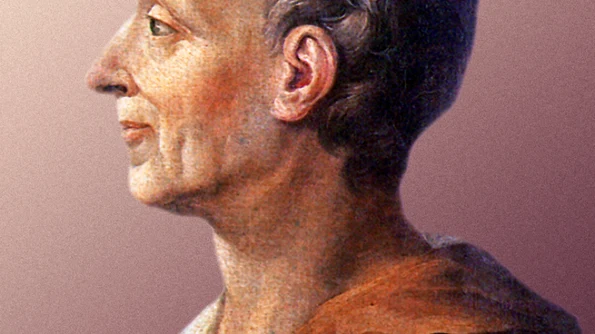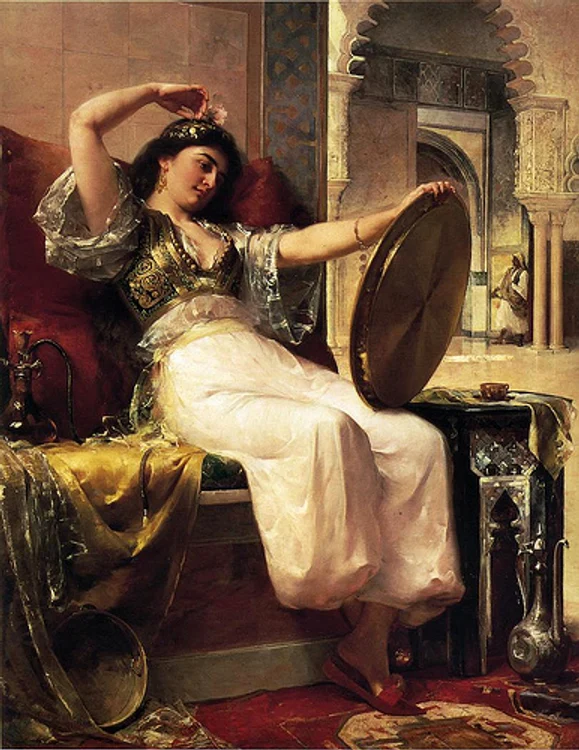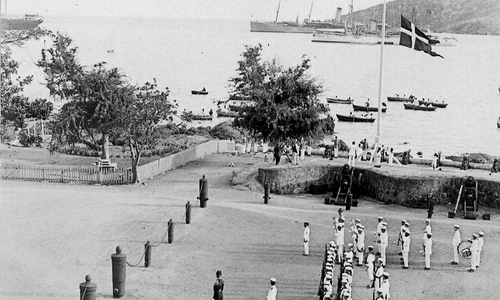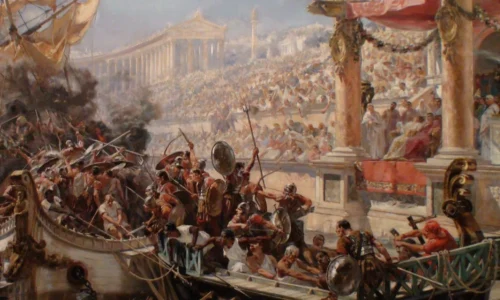
Montesquieu’s climate theory
In his famous book, The spirit of laws, French philosopher Montesquieu proposes the controversial theory that geography and climate can influence the nature of men and societies. He believes that people living in warmer countries present a fiery, but vicious personality, whereas northern nations are braver, but cold and rigid.
This meteorological climate theory is attributed to Montesquieu, but the ideas are actually older:one can find them in ancient texts as well, such as Aristotle’s works.
Montesquieu explains the theory in Book XIV of his book, Of laws in relation to the nature of climate. According to him, ‘If it be true that the temper of the mind and the passions of the heart are extremely different in different climates, the laws ought to be in relation both to the variety of those passions and to the variety of those tempers.’
His theory is based on certain observations, such as the fact that the extremities of the body’s external fibres contract with cold air, favouring the return of the blood towards the heart. By contracting, these fibres become stronger. Warmer air, however, causes the body to relax, reducing its strength.
This is how Montesquieu concludes that men living in a colder climate are more vigorous, because the heart’s action and fibres’ reaction are better, and the blood travels faster towards the heart, giving the body more strength. Of course, this physical superiority also means men are braver, have a sense of superiority, a smaller desire for revenge, and are more honest, cleverer and less suspicious towards others.
Montesquieu also states that if you place a man in a warm environment, he will be weakened, and that if you present him with a task, he’ll have no energy to fulfil it. Moreover, his weakness will discourage him, making him afraid of his own inability to act. This is why people in warmer countries are, just like old persons, more prone to being afraid, while northerners are, like young people, braver.
People in colder climates are braver and have fewer vices than people in warmer areas

From these considerations, Montesquieu states that, if one analyses recent wars, one can see that northern soldiers who have fought in warmer climates didn’t perform as well as those who fought in their own environment.
From medical observations, Montesquieu also concludes that people in colder countries are less sensitive regarding pleasure, unlike southerners. In warm countries, he says, people are much more sensitive, and not only in that which regards physical aspects. He also talks about emotional sensitivity, providing an example with an opera show:Montesquieu tells how the same opera show will cause different public reactions in England and Italy. The same music produces different effects on these two peoples:the English are colder and irresponsive, while the Italians are joyous and attracted by the arts. However, the same sensitivity makes people in warmer climates weaker when confronted with physical pain.
Montesquieu also states that the human body is severely weakened by excessive heat. This state is then transmitted to the mind, which leads to a lack of curiosity and of enterprising spirit. Man becomes passive and he’s only happy in idleness. For these people, the French philosopher considers that the greatest punishment is making them use their mind. Even slavery is more bearable than the strength and vigour needed to act.
People in colder climates find pleasure in energetic activities, such as hunting, traveling and fighting, while southerners are happier simply relaxing. While northerners have fewer vices and more virtues, the closer we move towards warm climates, the further we move from principles of morality. In the south, man’s strong passions make him commit all sorts of crimes and people are willing to do anything to satisfy their excessive desires.
And, of course, one can’t be surprised by the fact that Montesquieu considers France’s climate to be ideal, neither too cold, nor too warm.
















